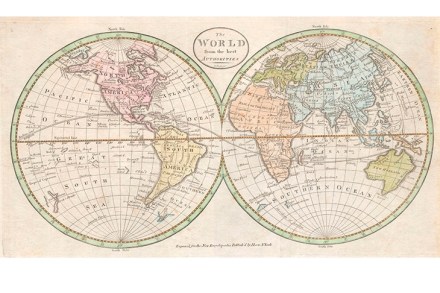Journey to the Moon: The Things We’ve Seen, by Agustín Fernández Mallo, reviewed
More from Books‘Peace — slept for 14 hours. The roar of the sea slashing the rocks — is there any more soothing sound in the solar system?’ Although this observation was made by Chips Channon at Sandwich after the rigours of electioneering in 1935 it could be aptly cited in this novel by the radiation physicist Agustín






























